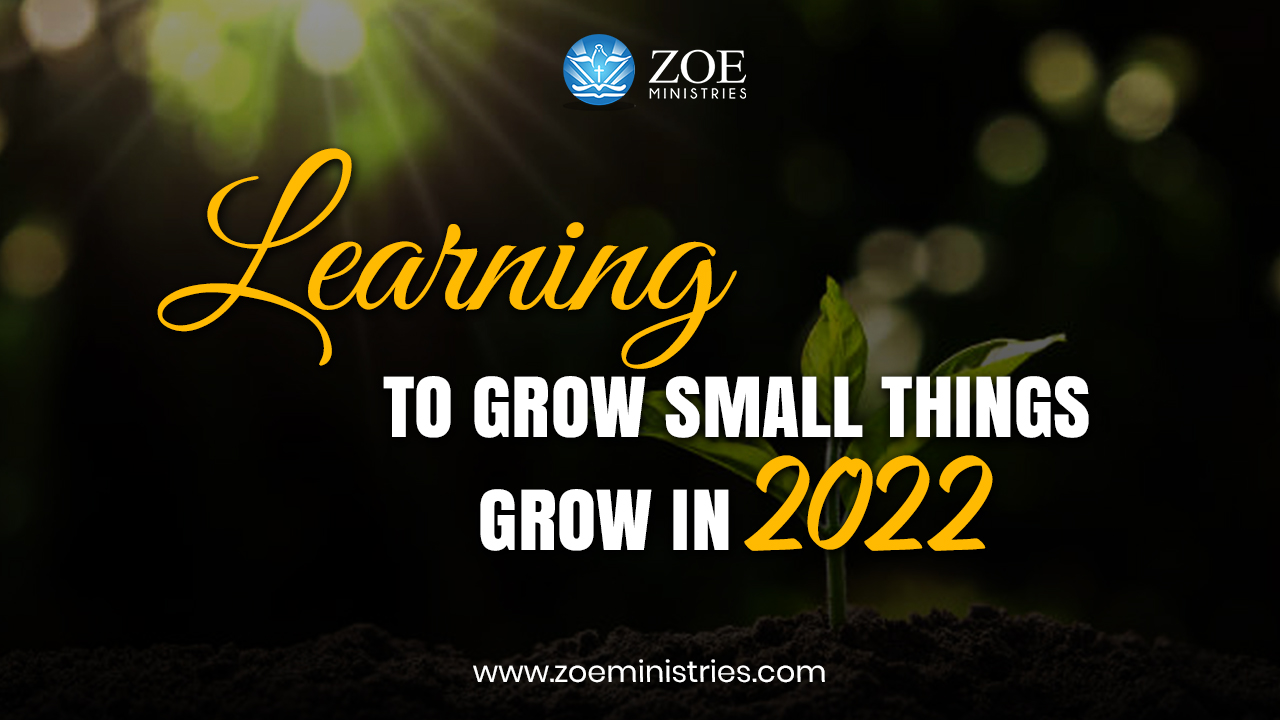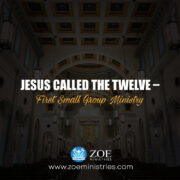Learning To Grow Small Things Grow in 2022
Learning To Grow Small Things Grow in 2022:
Discipleship Themes
how to Grow Small Things
There are several key discipleship themes from the work of Jesus and through his disciples that we can learn from. The first is that Jesus intentionally identified his key persons. He had 12 close disciples and had an intimate relationship with them. Jesus did not remove any one of them nor look for better ones. Jesus knew each one of these men, who in turn devoted their lives to him.
These were his people, for better or worse, Judas Iscariot included. Jesus is rarely found without his friends. Jesus and the 12 are always together on ministry trips. He was also invited to family gatherings, religious events, and holiday parties of his friends.
When the Messiah ate and drank with the people, probably his favorite way of fellowship. He ate with everyone, like the Pharisees, tax collectors, prostitutes, children, and even with many people, but he always included his closest 12 followers with his meals. Jesus lived on a mission with the people. His mission was to be with the disciples and form a missional relationship through them.
As Jesus roamed around to teach and to heal, he was in communion with others and enabling them to do likewise. Reaching out to the community should not only be an option in the work of discipleship. Linneman concluded that small groups are influential if it is patterned with the life and ministry of Christ that is positioned towards life-giving experience and the life-changing power of God.
Your weekly dose of prophetic wisdom and anointing awaits you. Join our LIVE Conference Call!
1) Call 515-604-9266
2) Go to startmeeting.com, and use the login: BishopJordan












